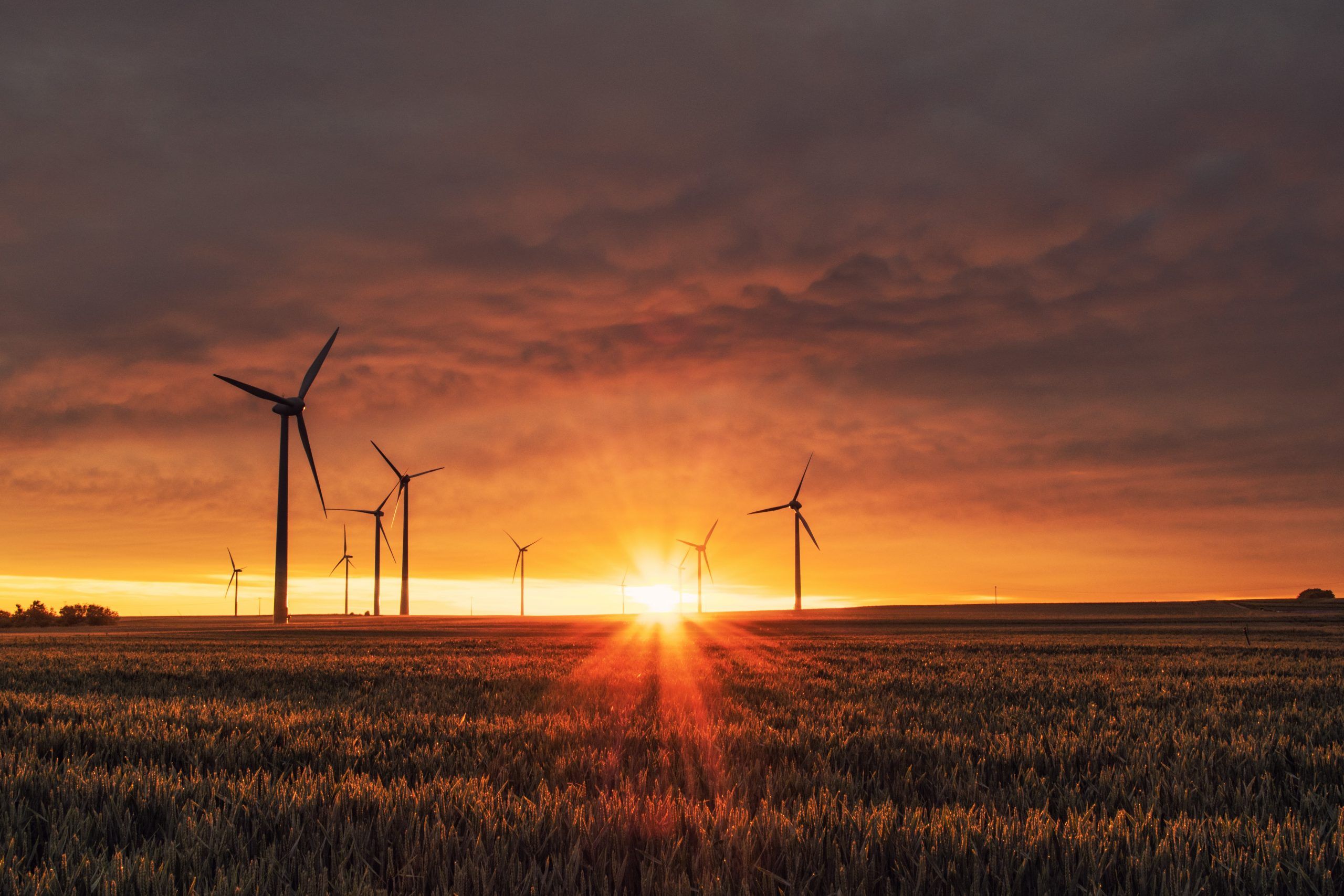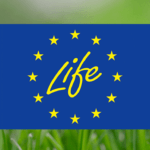The European Union (EU) achieved its three main climate and energy targets by 2020, according to a new European Environment Agency (EEA) assessment, published on the 26th October. The 2030 target of a 55 % reduction in net greenhouse gas emissions can be reached if additional efforts are made and new policies are adopted and implemented.
The EEA report estimates that the EU achieved its three 2020 climate and energy targets of reducing greenhouse gas emissions by 20% compared to 1990 levels, increasing the share of renewable energy use to 20%, and improving energy efficiency by 20 %.
According to preliminary EEA data, EU greenhouse gas emissions decreased by 10 % from 2019 to 2020. The large drop was strongly related to the Covid-19 pandemic, but the magnitude of this effect is uncertain in comparison with the role of climate policies. By comparison, from 2018 to 2019, EU emissions already fell by 4 %.
The EEA analysis is based on final climate and energy data for 2019, and preliminary data for 2020. The analysis is complemented by a new website to explore climate and energy data and country profiles, as well as a
20-20-20 targets achieved
According to EEA estimates, in 2020, EU-27 greenhouse gas emissions were 31 % lower than in 1990 (counting gross emissions only — see below for net emissions). This constitutes a substantial overachievement of the 20 % reduction target.
However, only 21 Member States reached their national target in 2020, based on preliminary data. This means that Bulgaria, Cyprus, Finland, Germany, Ireland and Malta would need to use flexibilities, such as buying emission quotas from other EU countries, to comply with their legal objectives.
Economic sectors under the EU Emissions Trading System (ETS), including electricity production and heavy industry, have delivered much stronger emissions cuts than the so-called Effort-Sharing sectors, including transport, buildings, and agriculture.
The EEA’s preliminary estimates indicate that the EU achieved a 21.3 % share of renewables in its energy consumption in 2020. According to the EEA analysis, the overall positive progress is mainly due to the increased use of renewables for electricity, heating, and cooling. The use of renewables in transport is increasing more slowly but preliminary data indicates that the EU narrowly achieved the 10 % target of renewable energy use in the sector.
Achieving a 20 % reduction in energy consumption seemed unlikely for many years, but the widespread lockdowns in 2020, due to COVID-19, appear to have pushed EU’s primary and final energy consumption below target levels, by 5 % and 3 % margins, respectively. Sustaining further reductions in energy consumption will be needed to keep on track towards long-term goals.
Towards 2030
The EU recently adopted a 55 % net emissions reduction target by 2030, which takes into account carbon removals from forestry activities. This target paves the way for achieving climate neutrality in the EU by 2050.
The EEA estimates that the EU’s net emissions in 2020 were 34 % lower than in 1990. According to the latest national projections available, implementing the climate and energy policies and measures currently planned at the national level could lead to a net emissions reduction of 41 % by 2030. These projections, however, do not yet take into account the new measures proposed in the European Commission’s ‘Fit for 55’ climate package to achieve the 55 % net reduction target. Additional emission reductions are therefore needed, which can spur the EU towards the 55 % target by 2030 and towards climate neutrality by 2050.
The report also notes that the continued introduction of renewable sources for electricity generation needs to be sustained to achieve the EU’s renewable energy target. Renewables also need to cover a much larger share of energy used for heating, cooling and transport, and new developments are required, such as expanding district heating and cooling and the integration of other energy carriers than bioenergy.
Reaching the EU’s 2030 energy efficiency target will also require a considerably faster decline in energy consumption, compared with the efficiency gains achieved from 2005 to 2020.







Leave a Reply